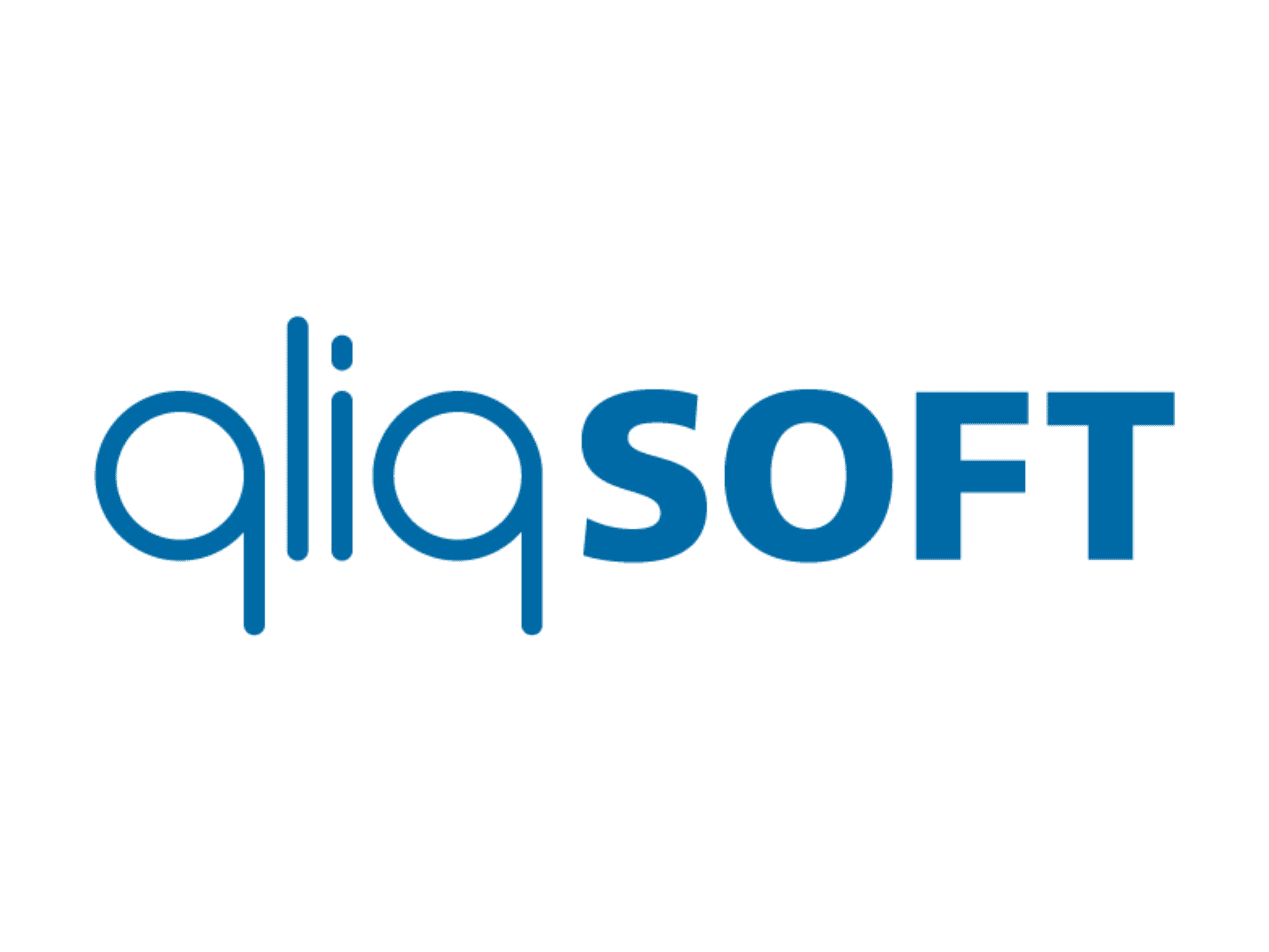
Therapists must get patient consent when using social media platforms for marketing purposes, upholding ethical standards, and respecting clients' autonomy. When therapists use social media and email marketing, there are ethical considerations and best practices that can be followed to ensure HIPAA compliance.
The role of social media in therapist marketing
Social media platforms allow therapists to reach a wider audience, share valuable mental health resources, and create a sense of community. However, therapists must recognize that using social media for marketing requires obtaining explicit consent from clients to ensure their privacy and confidentiality are protected.
Related: How to stay HIPAA compliant on social media
Why is informed consent required?
Informed consent empowers clients to make informed decisions about their treatment and participate actively in their healing journey. When it comes to marketing on social media, therapists must extend this principle to obtain explicit consent from clients before sharing any information related to their therapeutic journey. Consent should be informed, voluntary, and ongoing, and clients should have a clear understanding of how their information may be used, the potential risks involved, and their right to withdraw consent at any time.
HIPAA requirements for patient consent
HIPAA sets strict guidelines to protect the privacy and security of individuals' protected health information (PHI). Therapists must adhere to HIPAA regulations when obtaining patient consent for email and digital marketing initiatives.
- Patient authorization: Under HIPAA, therapists must obtain written patient authorization before using or disclosing PHI for marketing purposes. This authorization should clearly state the types of information to be used, the purposes of the marketing communication, and the platforms or methods through which the information will be transmitted.
- Opt-in consent: Patients must provide explicit consent to receive email or digital marketing communications. This opt-in consent should be voluntary, informed, and separate from any other agreements or authorizations related to their treatment. Patients should have the option to decline marketing communications without affecting their access to treatment or quality of care.
- Notice of privacy practices: Therapists must provide patients with a notice of privacy practices (NPP) that outlines how their PHI will be used and disclosed. This notice should include information about any marketing activities and the patient's right to opt out of receiving such communications.
- Secure communication: When engaging in email or digital marketing, therapists must ensure that appropriate safeguards are in place to protect the confidentiality and security of patient information. This includes using HIPAA compliant email platforms, encrypting sensitive communications, and taking necessary measures to prevent unauthorized access or disclosure.
- Revocable consent: Patients can revoke their consent for email and digital marketing communications anytime. Therapists should clearly communicate this right to patients and provide a simple and accessible process for opting out or unsubscribing from marketing communications.
- Business associate agreements (BAAs): If therapists engage the services of third-party vendors or marketing platforms to facilitate email or digital marketing, they must ensure that these vendors are HIPAA compliant. They must have a business associate agreement (BAA) in place, outlining the vendor's responsibilities in safeguarding patient information and complying with HIPAA regulations.
Respecting client confidentiality
While social media marketing can be effective, therapists must exercise caution to avoid breaching client privacy. When sharing content on social media platforms, therapists should ensure they do not disclose any personally identifiable information or use any other content that could potentially violate client confidentiality. They must obtain written consent from clients, clearly outlining the types of information that may be shared and the platforms on which it will be published. This includes obtaining consent for using client testimonials, case studies, or any other form of client-related content.
Email marketing and consent
Email marketing is another tool used by therapists to communicate with their clients and share valuable resources. However, therapists should obtain explicit consent before including clients in email marketing campaigns. This includes obtaining consent from clients to receive marketing emails and clearly outlining the purpose and frequency of communication. Clients should be provided with an easy opt-out mechanism, allowing them to unsubscribe from email lists anytime. By obtaining consent and respecting client preferences regarding email communication, therapists can maintain ethical standards, promote client autonomy, and foster a trusting therapeutic relationship.
Related: Email marketing for therapists
Subscribe to Paubox Weekly
Every Friday we bring you the most important news from Paubox. Our aim is to make you smarter, faster.




